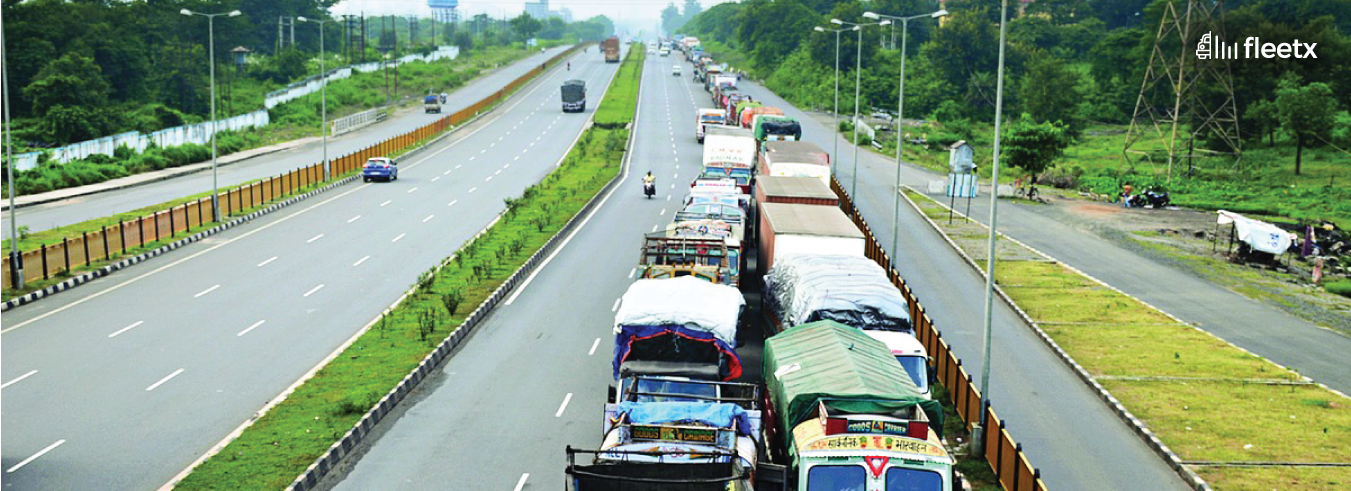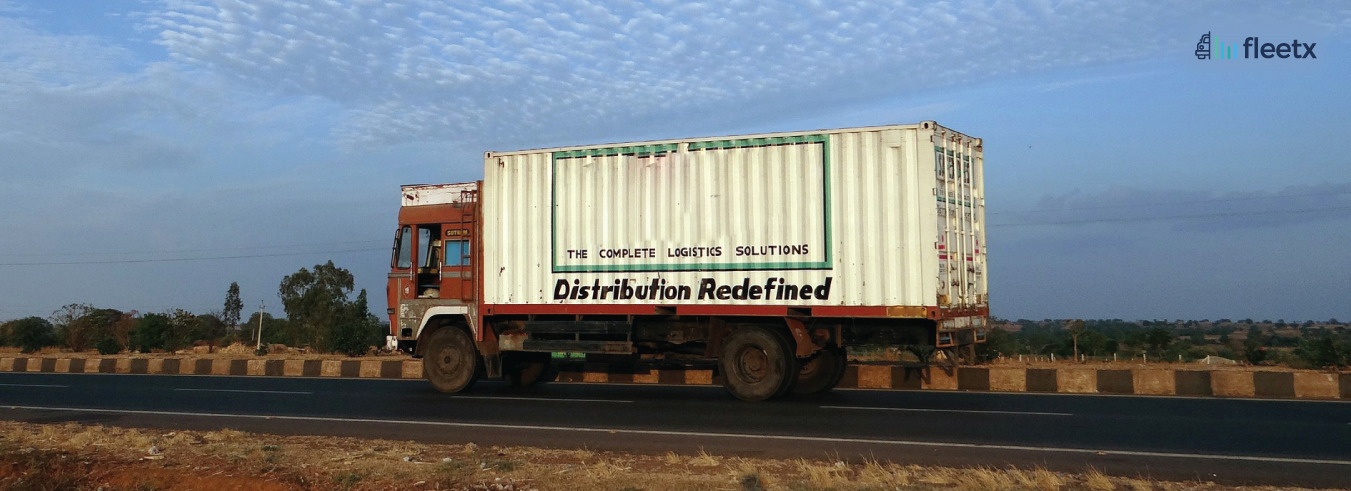
In an attempt to keep the pandemic under control, India has decided to continue with its social vaccine and has extended the lockdown-period by three more weeks. And, the growing realization is that a controlled resumption of the industry is vital to sustaining livelihoods, we cannot shut everything for long. While the shipping ministry had decided it much earlier to keep the country’s ports running by declaring it an essential service amidst the lockdown as it's fundamental to the supply chain of a nation as a whole, further, a graded uplift of the country’s economic activity is also being given due consideration by the government now.
In line with this sentiment, Odisha on Monday, has allowed all the e-commerce players such as Flipkart, Amazon, BigBasket, Bestbuy and Grofers, to fully resume their operations along with their third-party logistics partners, this is opposed to the previous restriction of being able to sell and deliver only the essential goods to the consumers. Apart from e-commerce platforms, state has also allowed logistics players like DTDC, Bluedart, and large format offline retailers like Reliance Fresh, BigBazar and Spencers, too, to do home deliveries. We can expect more states to follow the trail in upcoming weeks.
Prime Minister Narendra Modi, in a video conference with state chief ministers on Saturday, suggested the idea of lock-in, with industrial, agricultural and construction workers housed in their own work zones. The Department for Promotion of Industry and Internal Trade (DPIIT) also wrote to the home ministry to let more industries operate with reasonable safeguards in the extended lockdown period.
However, per All India Motor Congress (AIMC), an umbrella body of goods vehicle operators representing about 10 million truckers, the truck movement has collapsed to less than a tenth of normal levels, numerically speaking, approximately 3.5 lakh trucks with good worth Rs. 35000 crore are stranded during lockdown, this could upend those plans. Further, manpower is another pain point, with several migrant workers fleeing cities, companies are unsure whether they will have the required workforce needed to resume work or not.
Logistics is a big grey area, where there has been a gap between central government and local authorities which has widened even more amidst the lockdown, and when most wheelers are stranded and very little movement is happening, government is still in the push to give a jolt to economy through rebooting logistics to whatever extent possible, though things remain still unclear as to how much time it will take for things to regularize.






